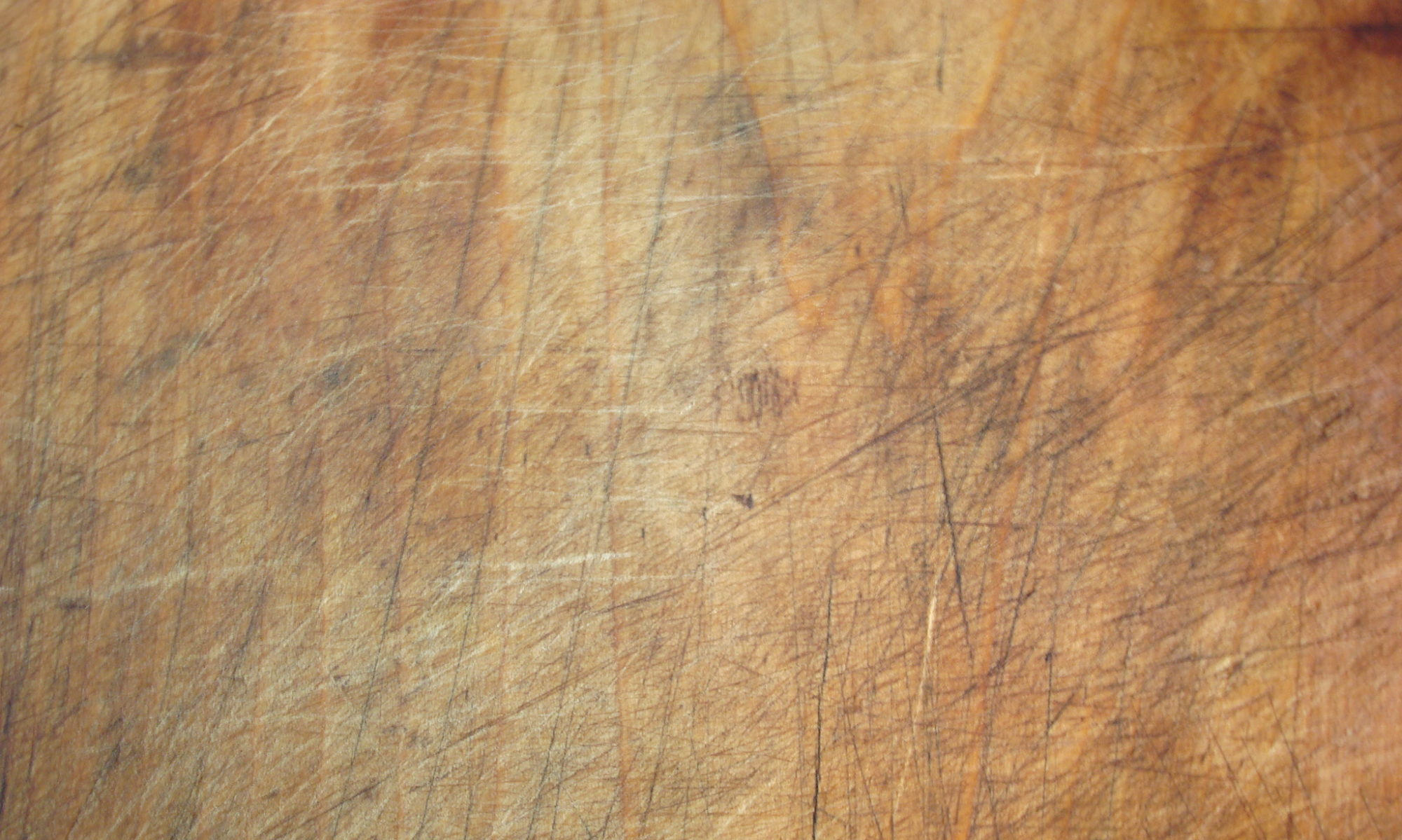 Southend Sake for sale this Saturday (Dec. 8th) at the Rainier Beach Community Club Holiday Bazaar located at VFW, 6038 S. Pilgrim Street, Seattle, 10a.m.-2p.m.
Southend Sake for sale this Saturday (Dec. 8th) at the Rainier Beach Community Club Holiday Bazaar located at VFW, 6038 S. Pilgrim Street, Seattle, 10a.m.-2p.m.
A few years ago we came under the tutelage of sake master, Ten Ridlon. Ten passed on all the technicalities and timing of adding the primary ingredients (water, rice, koji and yeast) over a forty-five day period. When rice and koji are introduced gradually into the fermentation, at repeated intervals, the yeasts produce alcohol at higher concentrations than any other type of fermented alcohol. It took awhile for us to acquire our own mastery over these few ingredients, but now we are making consistent delicious batches of Shiboritate Namazake Genshu Nigori Sake.
Let me explain these Japaenese terms:
Shiboritate means that it was just pressed. The sake we are selling on Saturday was pressed on Thursday night.
Namazake is a sake that has not been pasteurized. It has a live culture of probiotics, which requires refrigerated storage and has a shorter shelf-life than pasteurized sake.
Genshu is undiluted sake. Most sake is diluted with water after brewing to lower the alcohol content, but genshu is not.
Nigori is cloudy sake. The sake is passed through a loose mesh to separate it from the mash. It isn’t filtered thereafter and there is much rich sediment in the bottle. Before serving, the bottle is shaken to mix the sediment and turn the sake white or cloudy.
Unlike beer, sake, fermented rice wine, tastes more nutritive, and its sparkly, clean disposition reminds you that it is very much alive. I only drink it in tiny sips due to its high alcoholic content however; Craig enjoys sake with most meals. As grill master, he especially enjoys using it as a main ingredient for his moistening marinades for fish, pork and chicken. I use sake kasu, or sake lees, the remaining solids that were pressed from the liquid sake, for pickling, and experimentally in cooking. I also use it as a face mask.
In 8th century Japan, rice grains were traditionally used as a commodity, a means of currency. At Parsley Farm, we would like to continue trading in grain and we encourage our neighbors to develop their own mediums for currency so we can have a very vibrant and alive marketplace in Upper Rainier Beach.

